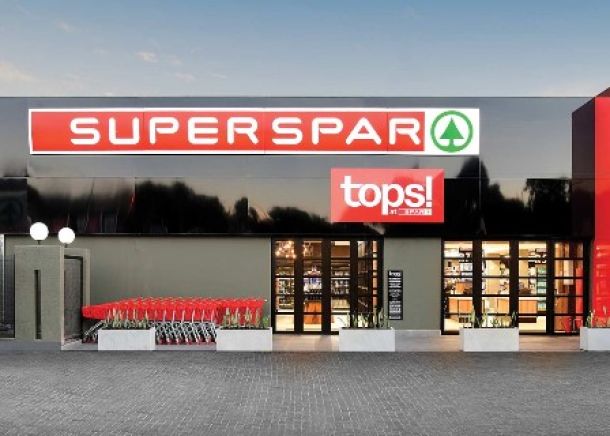Retail sales growth in February beats forecasts
Retail sales rose much more than expected in February compared with a year ago, suggesting that consumers are spending slightly more due to higher disposable incomes.
Higher spending supports economic activity and growth.
However, a low base arising from lower retail activity during the prolonged platinum mining strike in the first half of last year might have supported the faster growth.
Disposable incomes have improved in recent months, mainly due to lower inflation and fuel prices. Stable interest rates have also bolstered confidence among consumers about spending.
The petrol price was R3.26c/l lower from the start of last year to the end of February. This could have saved consumers about R800 a month, which many were likely to have spent, Investec chief economist Annabel Bishop said.
Retail sales rose 4.2% year on year in February — the highest level in a year — after rising 1.9% year on year in January.
The main contributors to the rise in retail sales were general dealers, contributing two percentage points; and retailers in hardware, paint and glass, which contributed 0.7 of a percentage point. These retailers have been driving sales in recent months.
Only the sales of household furniture, appliances and equipment recorded negative growth.
A Business Day median consensus forecast from a survey of nine economists was for sales to increase 2.2%.
However, the stronger retail sales data were unlikely to push the Reserve Bank into raising interest rates soon, Standard Chartered head of Africa research Razia Khan said. "The weakness of SA’s economy and the persistent threat to growth performance from the power sector in particular will likely mean that the Bank will have a preference for delaying the next rise in interest rates until it is clearly needed."
Nedbank economist Johannes Khosa said the 4.2% rise in retail sales was unlikely to be sustained as consumer spending would partly be contained by a weak job market, high debt levels and tight credit, lending standards.
Seasonally adjusted retail trade sales rose 1.9% month on month in February after increasing 0.2% in January and falling 0.8% in December last year.
News Category
- International retailers
- On the move
- Awards and achievements
- Legislation
- Wine and liquor
- Africa
- Going green
- Supplier news
- Research tools
- Retailer trading results
- Supply chain
- Innovation and technology
- Economic factors
- Crime and security
- Store Openings
- Marketing and Promotions
- Social Responsibility
- Brand Press Office
Related Articles
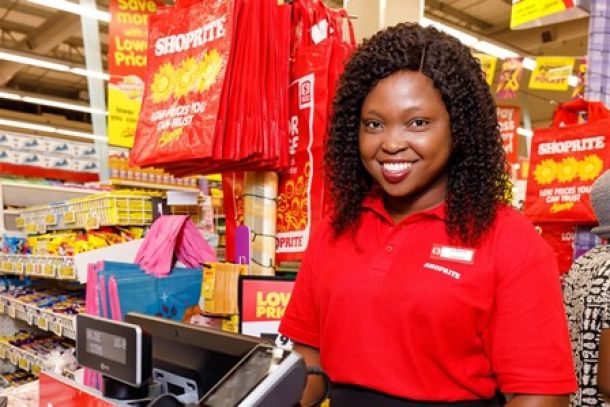
Shoprite Group's affordability focus wins with ...
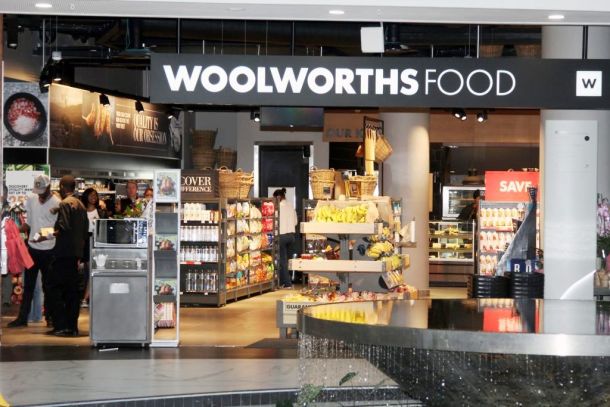
Woolworths expects 19% cut in full-year earnings
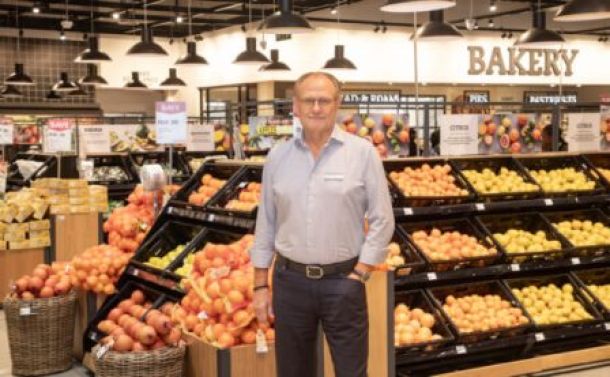
Pick n Pay plunges 16% on JSE as stock adjusts ...
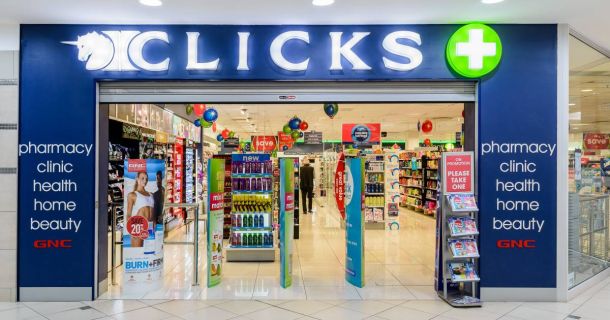
Clicks reports resilient first-half as earnings...
